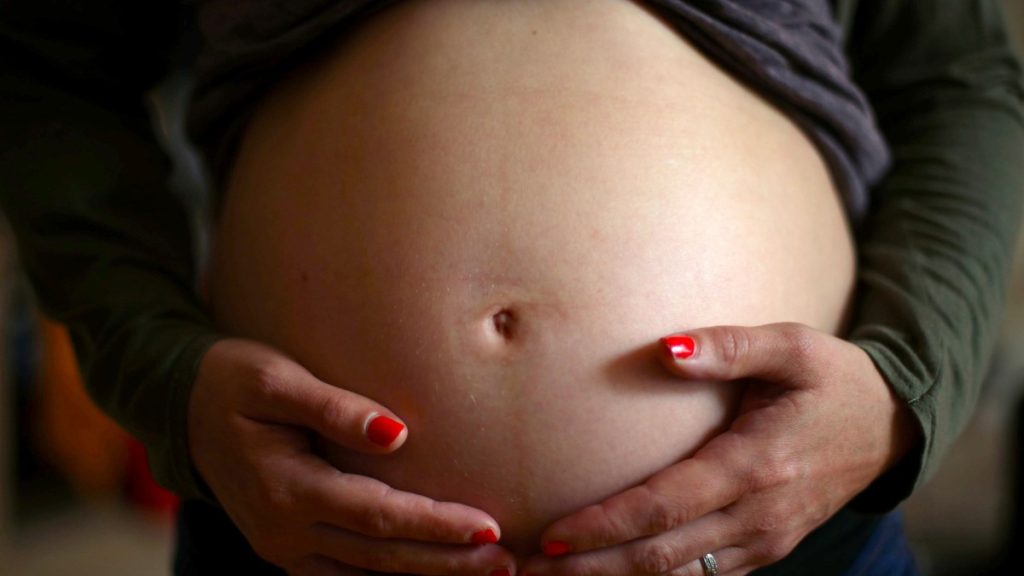Nigeria offers free Caesareans to poorer women
3 min read
Nigeria has the fourth highest maternal mortality rate in the world

Nigeria has the fourth highest maternal mortality rate in the world
In an effort to reduce the high maternal mortality rate, Nigeria has announced a groundbreaking initiative offering free emergency Caesarean sections to poor and vulnerable women. The ambitious plan aims to combat the country’s alarming maternal death rates, which remain among the highest in the world.
With 1,047 maternal deaths per 100,000 live births, Nigeria has the fourth-highest maternal mortality rate globally. The lack of access to essential medical procedures, such as Caesarean sections, is one of the main factors contributing to these tragic statistics. In rural areas, especially, many women cannot afford the cost of an emergency Caesarean, which often means life or death.
Health Minister Muhammad Pate emphasized the urgency of the initiative, stating that “no woman should lose her life simply because she can’t afford a C-section.” On average, a Caesarean costs about 60,000 naira (approximately $36 or £28), a price that is out of reach for many, particularly those living in poverty. According to recent data from Nigeria’s National Bureau of Statistics, over 40% of Nigerians live below the extreme poverty line, which is set at $2.15 a day.
The new program, known as the Maternal Mortality Reduction Innovation Initiative, was launched with the goal of improving maternal health outcomes in the country. The initiative will allow eligible women to access emergency Caesarean sections free of charge at public hospitals. To qualify, women must be registered under the country’s public health insurance scheme, which covers only emergency procedures.
“This is a powerful move to ensure that no woman in need of a Caesarean is denied critical care due to cost,” Pate added. The new policy will be implemented in public health facilities across Nigeria, where social welfare units will assess eligibility and help identify women who cannot afford the procedure.
The World Bank and the World Health Organization (WHO) have expressed support for the initiative, with Trina Haque from the World Bank calling it a potential “game-changer” for maternal health in Nigeria. Kazadi Mulombo, WHO’s representative in the country, also pledged support, emphasizing the importance of effective implementation to ensure success.
Maternal mortality in Nigeria is driven by several factors, including severe bleeding (haemorrhage), high blood pressure complications such as pre-eclampsia and eclampsia, unsafe abortions, and obstructed or prolonged labor. Caesarean sections are vital for preventing fatal complications in cases of obstructed labor, such as when the baby is too large, in a breech position, or when the mother’s pelvis is too small to allow for a safe delivery. Without timely surgical intervention, these complications can lead to fatal ruptures of the uterus or severe hemorrhaging.
The initiative has been welcomed by health advocacy groups as an important step toward improving maternal health in Nigeria. Rhoda Robinson, the executive director of HACEY, an NGO focused on healthcare access, said that the new policy would be particularly beneficial for women from low-income communities who often resort to unsafe, unregulated care options due to financial constraints. “This policy will improve maternal and child health outcomes and help reduce the risks associated with childbirth for vulnerable women,” she said.
Mabel Onwuemena, national coordinator of the Women of Purpose Foundation, another organization advocating for improved maternal healthcare in Africa, praised the initiative but called for further expansion. She urged the Nigerian government to extend the program to include free prenatal drugs, ultrasounds, and other essential services to ensure that women have access to comprehensive care throughout their pregnancies.
The introduction of free emergency Caesareans marks a significant shift in Nigeria’s approach to maternal health, particularly in addressing the financial barriers that have long prevented women from receiving life-saving care. However, the success of the initiative will depend on its effective implementation, particularly in rural areas where access to healthcare facilities and skilled medical professionals can be limited.
As Nigeria moves forward with this new initiative, the government’s focus on maternal health is expected to play a crucial role in reducing the country’s maternal mortality rate and ensuring that more women can deliver their babies safely. With the support of international organizations and local health advocates, there is hope that this move will mark the beginning of broader healthcare reforms that can save lives and improve the health and well-being of women across Nigeria.